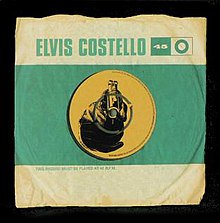People get smarter by developing mental frameworks.
The quality of our decisions often dictates the outcome in a situation. Each decision you make is you solving a problem to get a desired outcome.
Imagine you had a math problem, and rather than solve it with a mathematical formula, you had to guess the answer or rely on instincts. If you did that, you will be wrong >99% of the time.
You will not be able to identify every framework nor apply all those you are aware of at scale, but being curious will help you identify them.
If you are not aware of mental frameworks, then reading becomes fictional because there is no real lesson to take away asides the story.
1. You feel yourself hold more independent, and sometimes original opinions.
2. Without any external stimuli, the way you view the world changes often ( 3 months - 12 months intervals)
Read here: yemijohnson.com/how-to-be-righ…




